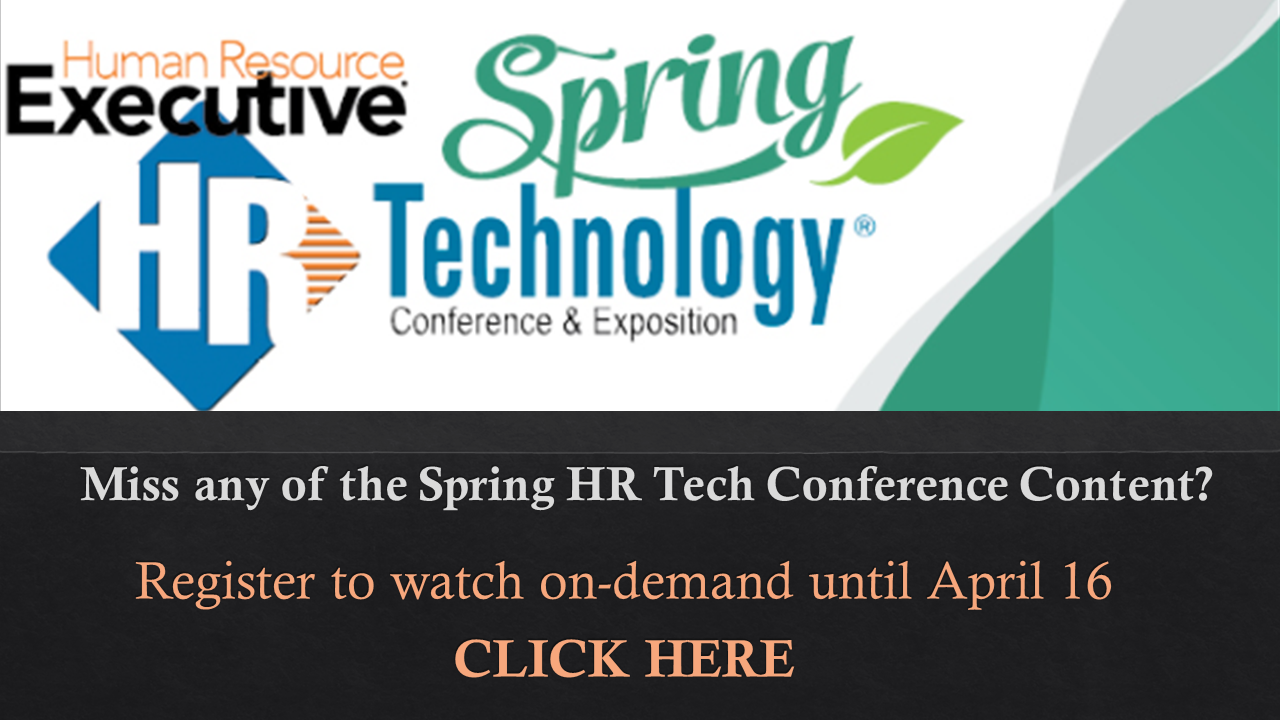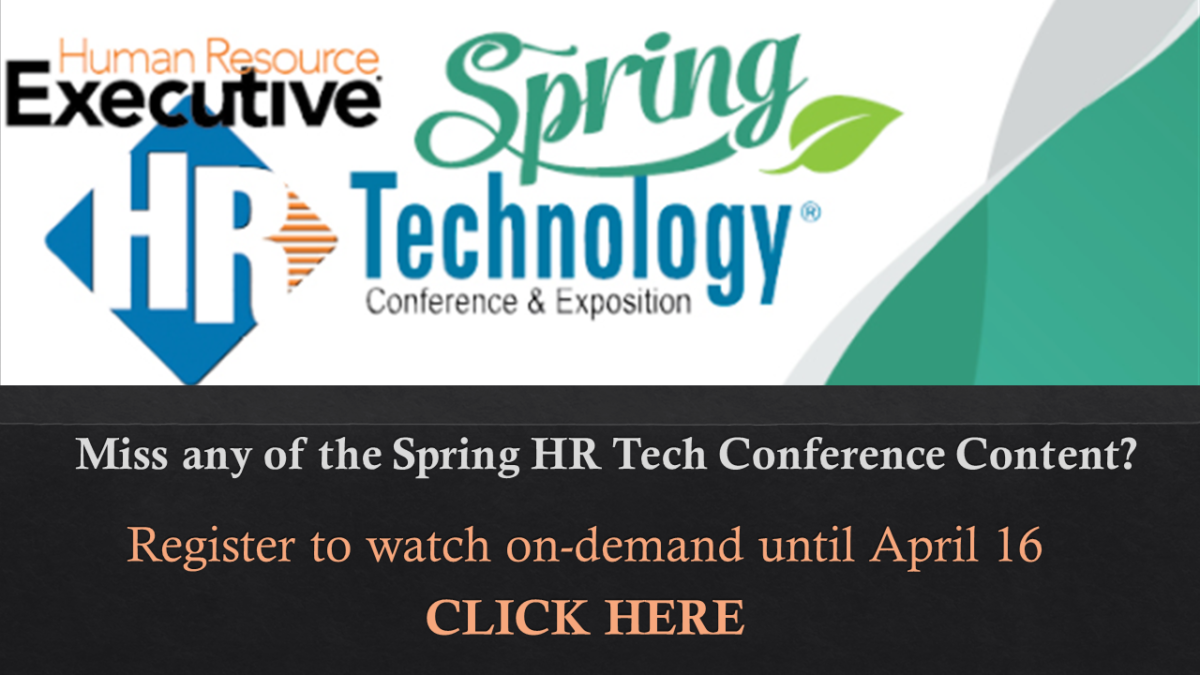HR leaders need to begin to feel comfortable feeling uncomfortable, that’s the message from Rocki Howard, chief diversity officer at SmartRecruiters, as employers look to improve their DEI hiring practices.
“(It is) only when we get comfortable talking about this subject of diversity that we can start to gain momentum,” Howard said Friday at the virtual Spring HR Technology Conference & Exposition, quoting long-distance runner Deena Kastor, “sometimes the moments that challenge us the most, define us.”
Bookmark: Spring HR Tech Conference coverage
The moment of the murder of George Floyd, for example, reverberated right from our communities into our companies, Howard said. That moment gave companies an opportunity to hit the reset button and focus on doing right by their employees, customers and environment.
When HR leaders discuss intentions, they’re talking about what they plan to do. “Good intentions exist in our minds and our hearts,” she said, but “impact is when we have a direct effect on something.”
Even though CEOs have pledged their good intentions to improve diversity, Howard said, “moments that matter” continue to put up roadblocks to diverse recruiting. Candidates can face a number of biases in the process, including name bias, attribution bias, accessibility bias, gender bias and race bias. Howard shares more examples in her podcast, Voices of Diversity here.
Luckily, she says, tech tools on the market can help address some diversity challenges. Blind resume screening tools, for example, can help eliminate name biases.
“What moments do diversity candidates experience that define us, and, more importantly, how do you want to be defined?” she asked.
Howard points to four pillars of success that HR can build into a smart hiring tool kit: organizational support, diversity brand equity, fair hiring practices and strategic sourcing.
Related: How HR can be the ‘catalyst for change’ on DEI
“We all know it’s easier to attract talent to well-known brands,” she said, “but did you ever think about the fact it’s easier to attract diverse to organizations with a diverse brand?”
Improve your chances of having an impact by ensuring that all candidates are treated equally, she said.
 Here are a few tips that she shared that can help recruiters make an impact:
Here are a few tips that she shared that can help recruiters make an impact:
- Create a database of diverse talent.
- Have a clear sourcing strategy for each underrepresented group you want to target.
- Get trained in advance on search techniques.
- Secure the right investments that align with your organizations’ diversity hiring goals.
- Dedicate a team member (or percentage of team’s time) to focus on diversity sourcing.
“No matter if you’re practitioner or leader, you have the power, privilege and skills to connect diverse people to jobs,” she said. “By doing just that, you can minimize the rhetoric that diverse talent doesn’t exist. You can have a direct impact on equity and justice.”
